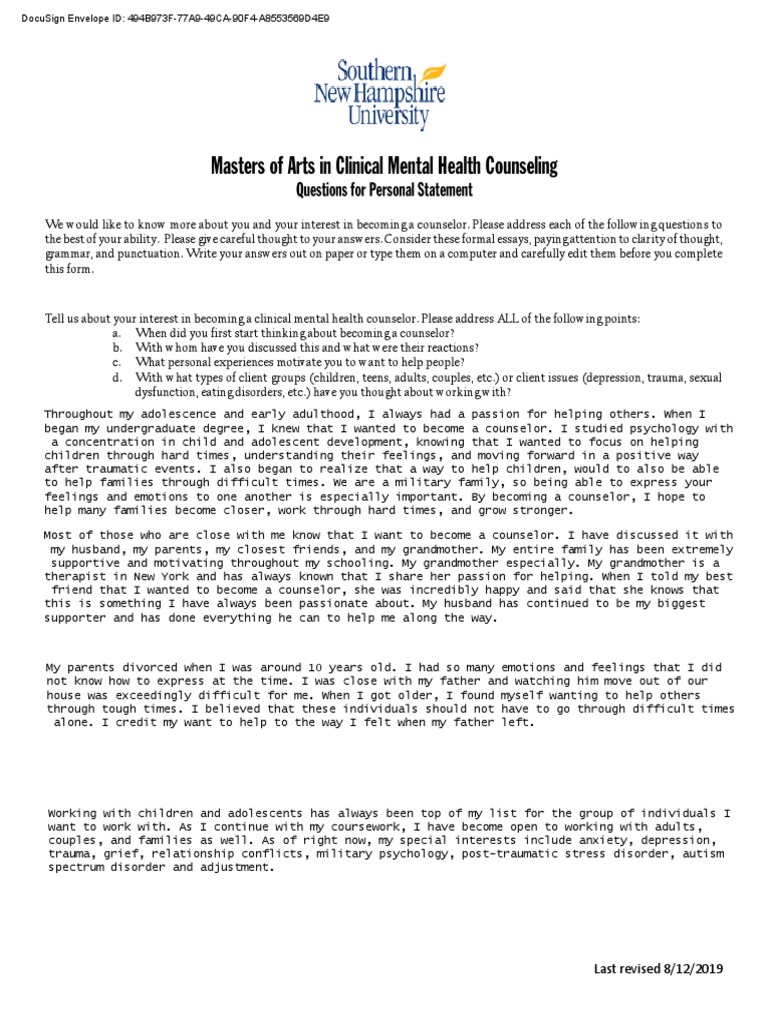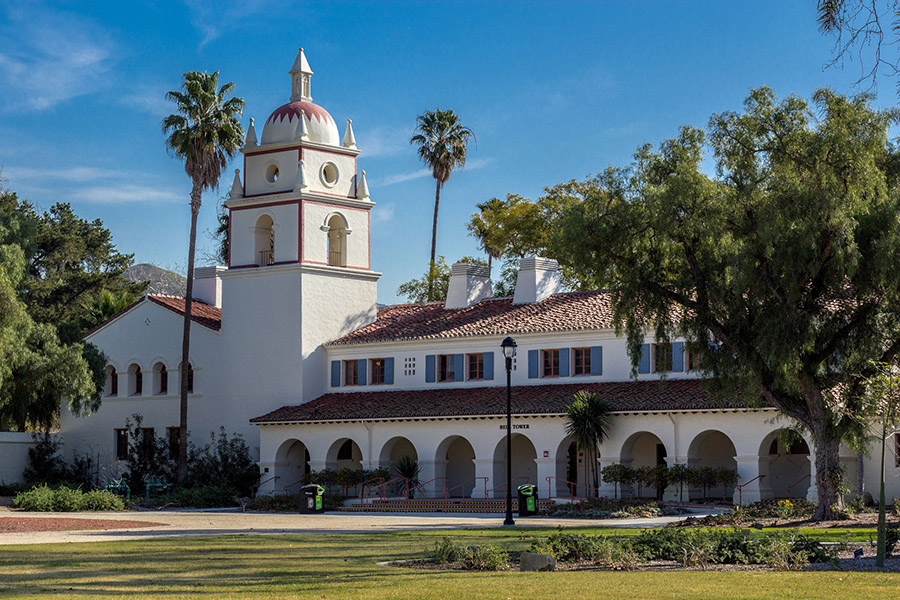Top MA Counseling Programs

The field of mental health counseling is a vital and rewarding career path for those who are passionate about helping others. For individuals seeking to pursue a Master’s degree in Counseling (MA Counseling), it’s essential to find a program that not only meets their academic needs but also provides the necessary training and experience to succeed in this demanding yet fulfilling field. When selecting a top MA Counseling program, several factors should be considered, including accreditation, curriculum, clinical experience, faculty expertise, and licensure preparation.
Accreditation and Curriculum
Accreditation is a crucial factor in choosing an MA Counseling program. Accreditation by a recognized accrediting agency, such as the Council for Accreditation of Counseling and Related Educational Programs (CACREP), ensures that the program meets high standards of quality and prepares students for licensure and certification. A comprehensive curriculum that covers foundational counseling theories, research methods, ethics, and specialized courses in areas like mental health counseling, school counseling, or couples and family therapy is also vital.
Clinical Experience and Faculty Expertise
Hands-on experience through internships or practicum courses is indispensable for MA Counseling students. Top programs provide ample opportunities for students to apply theoretical knowledge in real-world settings under the supervision of experienced professionals. The expertise and accessibility of faculty members are also critical. Professors who are practicing counselors or therapists can offer valuable insights and mentorship, enhancing the learning experience.
Licensure Preparation
Different states have varying requirements for licensure as a professional counselor. A top MA Counseling program should prepare students to meet these requirements, including completing the necessary coursework, practicum hours, and passing the National Clinical Mental Health Counselor Examination (NCMHCE) or other state-specific exams.
Top MA Counseling Programs
Several institutions across the United States offer outstanding MA Counseling programs, distinguished by their strong reputations, rigorous academic standards, and commitment to producing well-rounded, competent counselors. Here are a few notable programs:
University of North Carolina at Chapel Hill - The School Counseling and Clinical Mental Health Counseling programs at UNC Chapel Hill are highly regarded, with a strong emphasis on social justice and cultural competence.
University of Wisconsin-Madison - The Department of Counseling Psychology at UW-Madison offers a Ph.D. in Counseling Psychology, which is accredited by the American Psychological Association (APA), but for those seeking an MA, their affiliated programs in educational psychology offer relevant specializations.
New York University (NYU) - NYU’s Steinhardt School of Culture, Education, and Human Development offers an MA in Counseling and Guidance, with specializations in areas like mental health counseling and school counseling, providing students with a comprehensive education in a diverse, urban setting.
University of Florida - The College of Education at the University of Florida offers a Master of Arts in Counselor Education with specializations in mental health counseling, school counseling, and college counseling, providing a well-rounded education with a focus on practical application.
Boston College - The Lynch School of Education and Human Development at Boston College offers a Master’s in Counseling with a focus on mental health counseling, preparing students for careers in a variety of settings, including hospitals, clinics, and private practice.
Conclusion
Choosing the right MA Counseling program is a personal decision that depends on individual goals, interests, and circumstances. Prospective students should research thoroughly, considering factors such as program length, cost, location, and specializations offered. Networking with current students or alumni can provide valuable insights into the program’s strengths and culture. Ultimately, a top MA Counseling program should not only provide a solid academic foundation but also foster personal growth, professional development, and a deep commitment to the well-being of others.
Decision Framework for Choosing an MA Counseling Program
- Accreditation: Is the program accredited by CACREP or another recognized accrediting agency?
- Curriculum: Does the curriculum cover all necessary areas, including foundational theories, ethics, and specialized courses?
- Clinical Experience: Are there ample opportunities for hands-on experience through internships or practicum courses?
- Faculty Expertise: Are faculty members experienced practitioners who can offer mentorship and guidance?
- Licensure Preparation: Does the program prepare students for state-specific licensure requirements?
- Location and Setting: Does the program’s location offer the desired setting for study and potential employment?
- Cost and Financial Aid: What are the program’s costs, and what financial aid options are available?
- Specializations: Are the specializations offered aligned with career goals?
FAQ Section
What is the typical length of an MA Counseling program?
+The typical length of an MA Counseling program is about two years for full-time students, though this can vary depending on the program and whether a student is attending full-time or part-time.
How important is CACREP accreditation for an MA Counseling program?
+CACREP accreditation is crucial because it ensures the program meets high standards of quality and can affect licensure and certification processes. Most states require graduation from a CACREP-accredited program for licensure.
Can I complete an MA Counseling program online?
+Yes, many institutions offer online or hybrid MA Counseling programs. These programs can be particularly appealing for those who need to balance their education with work or other responsibilities. However, clinical experiences may still require in-person participation.
How do I choose the right specialization within an MA Counseling program?
+Choosing the right specialization depends on your career goals and interests. Consider what population you wish to work with (e.g., children, adults, couples) and in what setting (e.g., schools, mental health clinics, private practice). Research the specialties offered by different programs and reach out to faculty or current students for insights.
Final Thoughts
Pursuing an MA in Counseling is a significant step towards a rewarding career in mental health. By carefully evaluating programs based on accreditation, curriculum, clinical experience, faculty expertise, and licensure preparation, prospective students can make informed decisions that align with their professional aspirations. Remember, the journey to becoming a competent and compassionate counselor begins with a strong educational foundation, but it is also shaped by personal growth, professional development, and a deep commitment to serving others.


